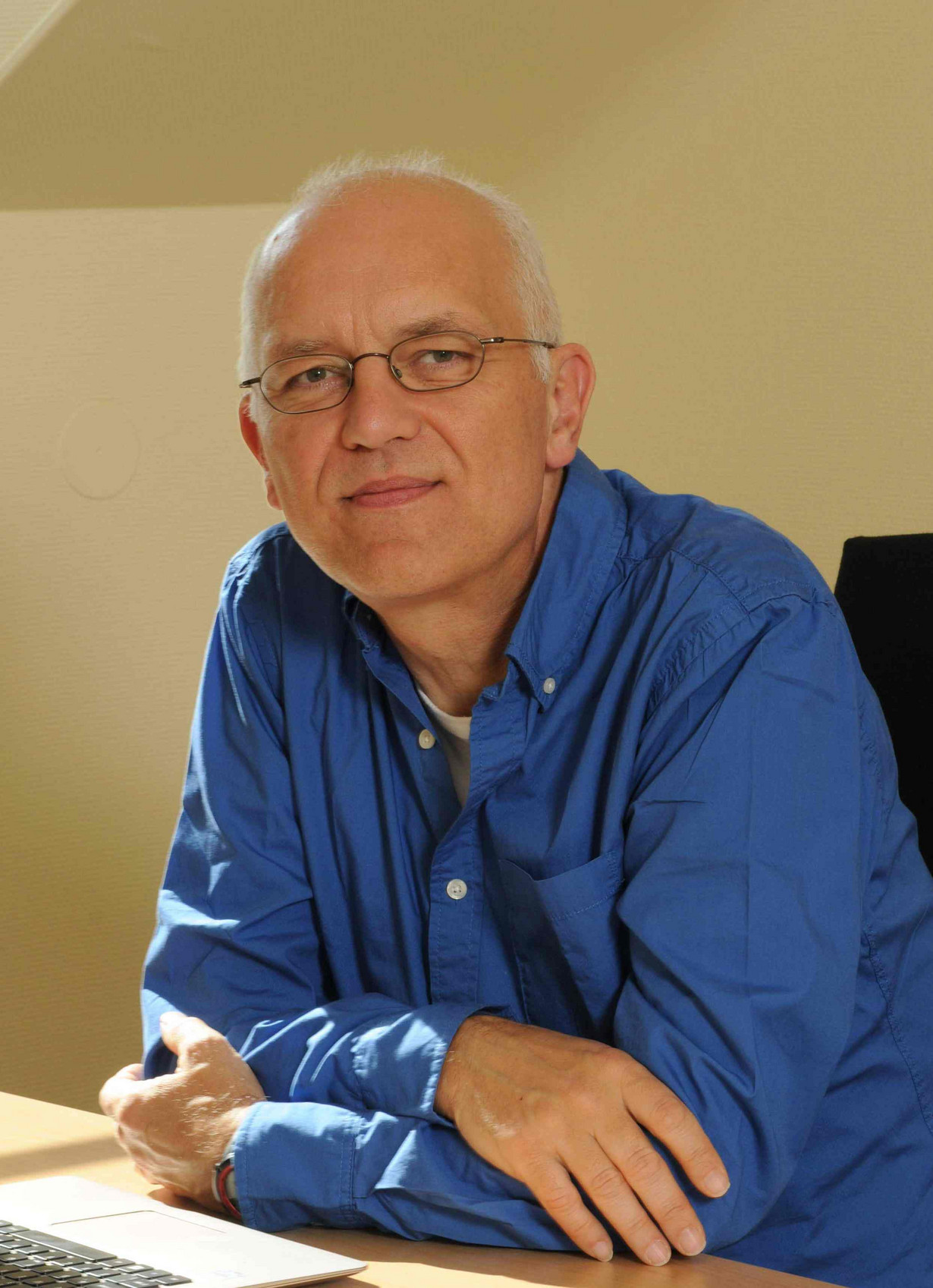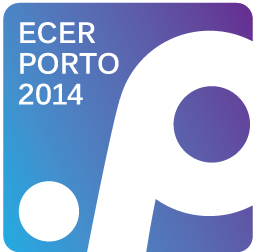The Two Cultures of Educational Research
Thursday 4 September 14:00 - 15:00
Chairperson: Isabel Meneses
Location: AUDITORIUM at FEP (Faculty of Economics), about 5 minutes walk from main building, please follow signs; (Keynote will be streamed to room B020)
The field of educational research seems to be characterised by a number of divisions, splits and rifts. Some of these are fairly superficial and turn out not to be that difficult to bridge. Here we can think, for example, of the use of qualitative and quantitative data and the recent development of mixed approaches. In other cases things go a bit deeper, such as with regard to the difference between research that seeks to explain and research that seeks to understand, albeit that here rapprochement is also not impossible. And there are distinctions that operate as strong divisions, such as between educational research that thinks of itself as a form of social science and educational research that sees itself more strongly rooted in the humanities. While these distinctions and divisions play a role in many countries around the world – and hence are also clearly visible within Europe – different countries and settings have engaged with these issues in very different ways, leading to distinctively different patterns in the social and political organisation of educational research. These patterns partly have to do with aspects mentioned above – which we could characterise as methodological – but are also connected to very different understandings of education itself and of its academic study. What emerges from all this is a view of educational research as a divided field and moreover a field where there is often little communication and interaction between the different positions. In my presentation I will explore some of the historical trajectories of the field of educational research, paying attention to commonalities and (national) differences. Against this background I will raise the question what this might mean for the future of educational research – both with regard to its actual and its desired future.

GERT BIESTA (www.gertbiesta.com) is Professor of Educational Theory and Policy at the Institute of Education and Society, Faculty of Language and Literature, Humanities, Arts and Education, University of Luxembourg. He previously worked in Scotland (University of Stirling) and England (University of Exeter). He has a PhD from Leiden University, the Netherlands, and received honorary doctorates from Uppsala University (2004), Örebro University (2007), and the University of Oulu (2013). In 2010 he was awarded the Francqui International Professorship by the Francqui Foundation in Belgium, for which he stayed at the University of Ghent. He conducts theoretical and empirical research, and is particularly interested in the relationships between education, democracy and citizenship. Main areas of scholarship include the theory and philosophy of education; education policy; the theory and philosophy of educational research; teacher education; curriculum; civic learning of young people and adults. Recent books include: The Beautiful Risk of Education (Paradigm Publishers, 2013); Civic Learning, Democratic Citizenship and the Public Sphere (co-edited with Maria De Bie & Danny Wildemeersch; Springer 2013); Making a Difference in Theory (co-edited with Julie Allan and Richard Edwards; Routledge, 2013); Reinventing the Curriculum. New Trends in Curriculum Policy and Practice (co-edited with Mark Priestley; Bloomsbury, 2013); Learning Democracy in School and Society: Education, Lifelong Learning and the Politics of Citizenship (Sense Publishers, 2011); and Good Education in an Age of Measurement (Paradigm Publishers, 2010).

